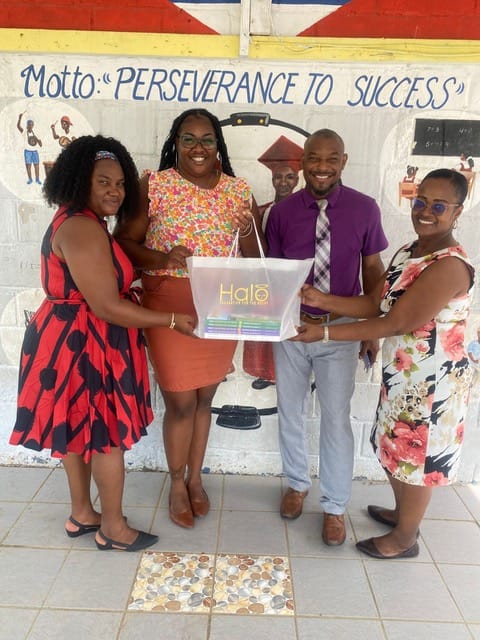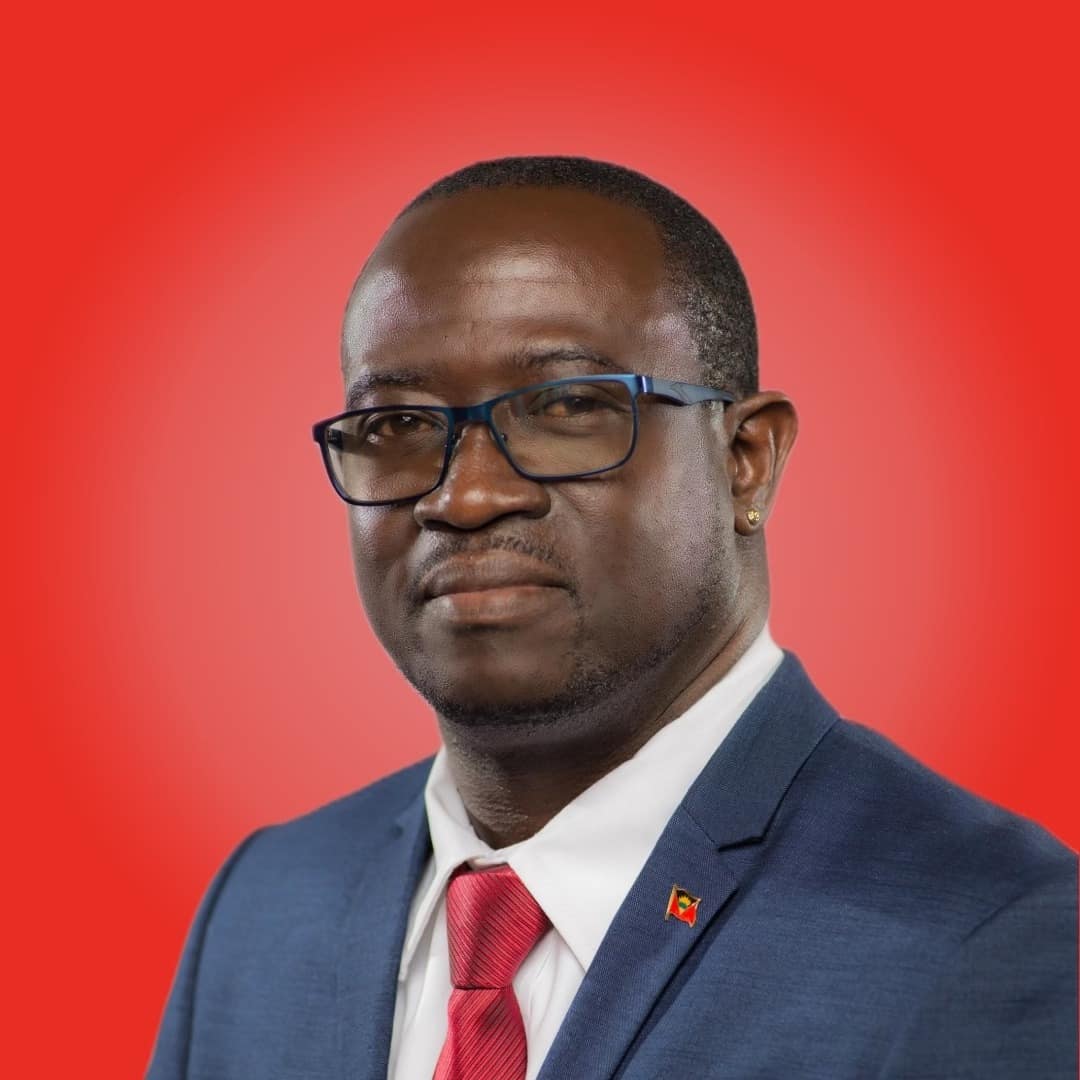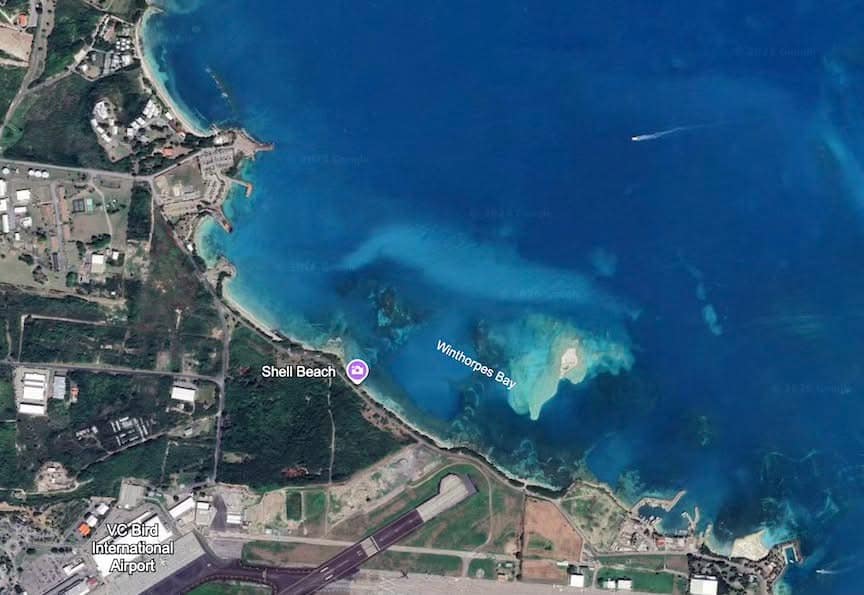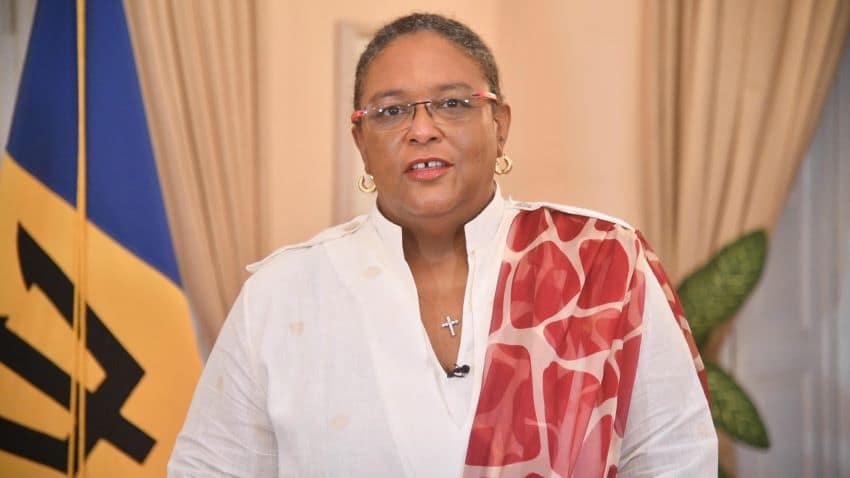The Halo Foundation culminated its 2025 operations with a significant nationwide initiative, delivering comprehensive anti-bullying and conflict-resolution materials to 34 educational institutions throughout Antigua and Barbuda. This extensive distribution effort, spearheaded by Bolinda Baptiste and Cuthbert Forbes, represents the Foundation’s sustained dedication to youth development and violence prevention strategies.
This school outreach program constitutes an integral component of the Foundation’s national anti-bullying campaign, originally established in 2018 to systematically combat youth violence while fostering safer, more inclusive academic environments across the twin-island nation. Her Excellency Lady Williams, President of the Foundation, emphasized the organization’s philosophical approach: “Since initiating our anti-bullying campaign, we have maintained unwavering commitment to cultivating wholesome, compassionate environments for our youth. This year-end initiative underscores our conviction that prevention fundamentally originates through education, and that properly equipped educational institutions empower students to resolve conflicts through empathy and mutual respect.”
School administrators—including principals, counselors, and librarians—extended enthusiastic receptions during the resource distributions, expressing genuine appreciation for the donated materials. Numerous educators highlighted how these resources would prove instrumental in facilitating dispute resolution, enhancing emotional intelligence, and promoting constructive peer interactions among students.
Bolinda Baptiste noted the validating feedback: “The responses from educational institutions reaffirmed the essential nature of this work. By providing both educators and students with practical tools, we’re cultivating empathy, effective communication, and peaceful problem-solving capabilities from formative years.”
The foundation’s outreach encompassed 22 primary schools and 12 secondary schools, supplemented by resources provided to the Public Library. This ensured broad accessibility to age-appropriate materials designed to encourage meaningful dialogue, mutual understanding, and respectful engagement among young community members.
Since its inception, the Halo Foundation’s anti-bullying campaign has maintained its strategic focus on preventive measures, educational interventions, and community partnerships, reinforcing the core belief that enduring social change emerges through early intervention and consistent institutional support.









